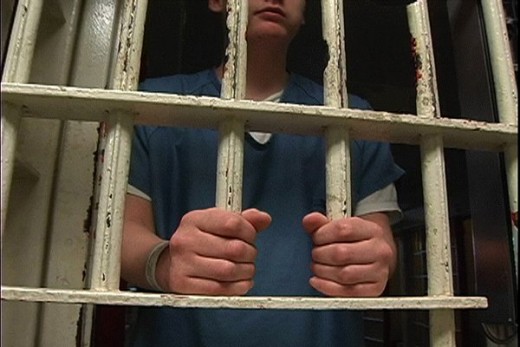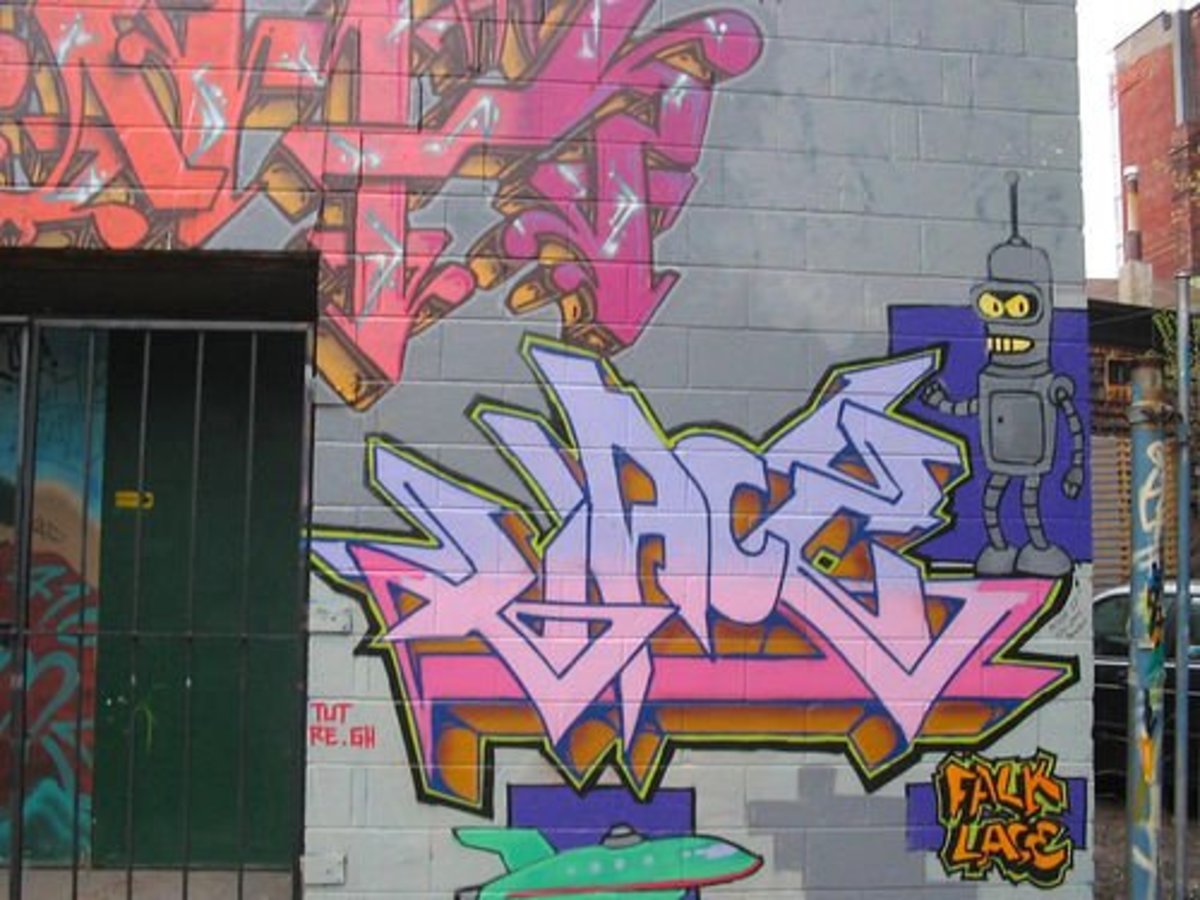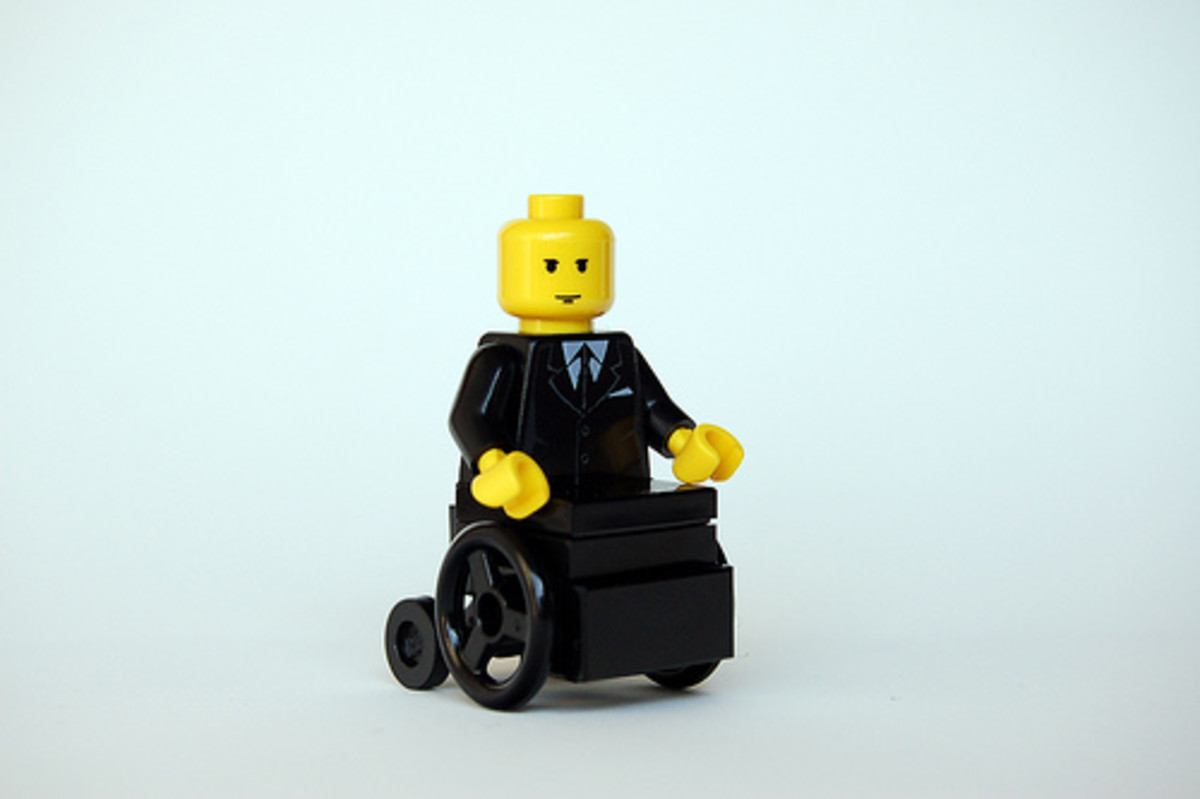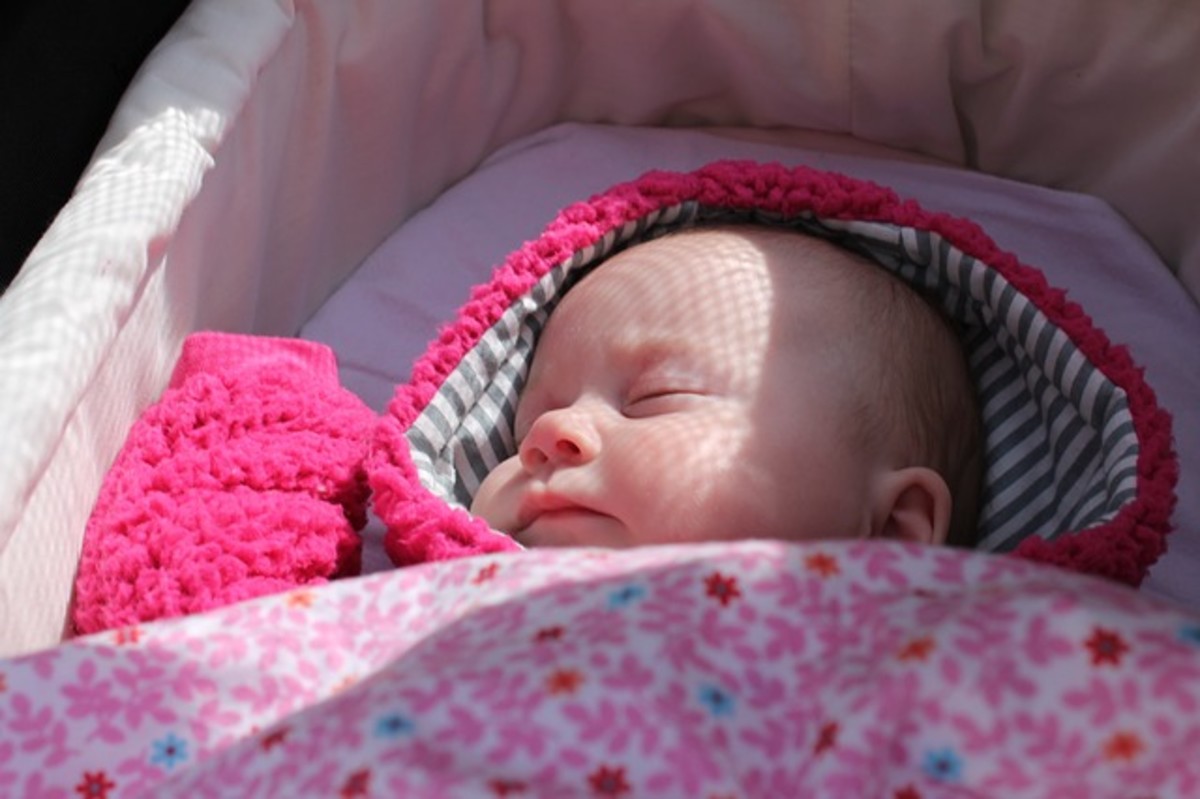Juvenile Justice - Trying Children As Adults Is An Oxymoron

No one under the age of 18 may purchase a pack of cigarettes. He can not sign a loan contract to purchase a car. He can not sign a rental agreement. He may not vote on issues which will certainly affect him as a citizen of the United States. He can not get married without the written consent of his parents, and he can not opt out of school. He can not crack open an ice cold beer after a hard day at work unless he's 21 years of age. Why have we placed age restrictions on these activities?
Well, according to psychologists, those under the age of 18 are not emotionally developed enough to make good judgments in relation to issues which might have a profound impact on the rest of their lives. Because children are more rooted in the present, not having a capacity for determining the long term effects of their decisions, they are more likely to do things which will simply supply an immediate gratification.
We also recognize that the younger a child is, the less experience he will have in dealing with the various issues presented. Having little or no experience, he or she will have had no opportunity to learn from past mistakes. So what? - you may ask; experience needs to start somewhere. However, the coping skills necessary for handling and acknowledging mistakes aren't nearly as well developed in a 16 year old as they would be in a 25 year old.
So, the truth of the matter is that we place age restriction and limitations on youth in the interest of protecting them from themselves, as well as from others who might take advantage of their naivete.
If this is true, then why, in the face of all the knowledge about child development, do we insist on throwing our children into the adult criminal justice system when they make mistakes resulting in a crime? Why do we conveniently ignore all the research and study results in favor of punishing them as though they are fully cognizant of the magnitudes of their crimes?
Each year there are over 200,000 children tried as adults for crimes they have committed, and the numbers are steadily rising. Why are they rising? One reason for it is the fact that more and more states are lowering the age at which a child may be tried as an adult. For many years, all states had at least one provision for trying juveniles as adults, that being murder. During the past two decades, many states have changed their laws to include other provisions which has added to the increase in the numbers. In addition to these two reasons, there is also the fact that crime rates among juveniles are rising.
When considering why juvenile crime rates are rising, it becomes a scenario of what came first, the chicken or the egg? Have we included more provisions for trying children as adults as a response to the increased crime? Or has crime increased due to the fact that our penchant for punishment has given rise to a sense of hopelessness and rage over what is considered to be unfair treatment?
When youthful offenders are charged with a crime subject to adult criminal court, they are held in adult jails while they await their trials. About 40% of these cases are eventually sent to juvenile court through legal processes based on factors specific to the particular crime, perpetrator, and the circumstances. As a result, hundreds of children spend a significant amount of time in adult jails even though their cases will be heard in a juvenile court.
Studies have shown that spending any amount of time in an adult jail, results in a minor being 34% more likely to commit additional crimes. They are at significant risk of being attacked by other inmates, being sexually abused, injured or murdered, and have a higher risk of suicide. There is little or no education, mental health treatment, or rehabilitative programming for youthful offenders in adult prisons. Armed with this kind of knowledge, how can we justify putting children in adult jails to await trial? By doing so, we've already passed a lifetime sentence on them. Some of these kids will not even live to be tried. In the United States, we claim to operate from the stance that all are innocent until proven guilty, yet we impose such a severe punishment simply for the crime of being accused.
Another grievous fact is that most of the children tried as adults are convicted of the charges, and most states have provisions in effect requiring that once a juvenile is prosecuted as an adult, he/she will be considered as an adult for any future cases, regardless of the nature of the crime. There are currently over 2,500 children in the United States serving a sentence of Life Without the Possibility of Parole. An estimated 26% of them were convicted of “Felony Murder” even though he/she may not have personally or directly caused a death.
The adult criminal system isn't designed for the prosecution of children because the process makes no allowance for the the differences between the youthful mind and that of an adult. Children are limited in experience and understanding. The judges and lawyers who normally operate in the adult courts are not trained to understand the different levels of cognitive development of children. Studies on child development and competency show there is a marked difference in the extent to which a child may be able to assist in their own defense or to understand the meaning of their legal rights.
Child psychologists and juvenile defense attorneys say there are a great many disadvantages facing children in the adult court system which actually help to convict them of charges they may not be guilty of perpetrating. Most children like talking to authority figures and having been taught to look to police as their “friends” in troubled times, often over-implicate themselves in an effort to please. Children also lack time references and often are incapable of narrating a sequence of events consistently. This tends to make them look as though they are contradicting themselves and provides plenty of room for more sophisticated attorneys to discredit them before a judge or jury.
Questions asked at bail or bond hearings are designed for adults and not appropriate for children. Very few children have ever been employed, none own property, and other than familial ties, there is nothing to be seen as community “ties.” While the bail set may be considered low for an adult, for a child who doesn't work, coming from a family of low-income, a child given the same bail amount will remain in jail, unable to meet the financial requirements.
Children are too often assigned public defenders, due to low income status. Adult courts are crowded and those public defenders may have many clients to see, not permitting much time for counsel prior to preliminary hearings. As with preliminary hearings, preparation for trial requires much more time for children than for adults, because children are prone to filtering information based on what they believe will help them against what they are afraid may get them into trouble, too often without the ability to discern and determine which is which. They also have a tendency to protect parents or other very important figures central to their lives. They tend to tell stories designed to paint a picture of the way they would like it to be, rather than the reality.
It is for these very same reasons that children make terrible witnesses. They are easily led and don't know how to defend themselves against a skillful cross examination designed to twist their words. Because of their inability to put events into proper sequence, they are often found guilty on “inconsistent statements.”
Children will agree to anything offered which will get them out of prison immediately, not understanding the long term aspects of the plea bargain. Even when facing less serious charges, these kids are penalized in the adult courts because probation officers and others who recommend sentencing options, are not familiar with juvenile programs and resources for children.
In spite of mounting evidence that trying children in adult courts is physically and mentally harmful to the accused as well as depriving them of services offered in juvenile programs, we continue the practice. Every study completed, in regards to the likelihood of repeat offenders in connection to adult incarcerations, has arrived at the same conclusions: Children housed with adult offenders are more likely to commit another crime and at a quicker pace, than those housed in juvenile centers.
One hundred years ago, the juvenile system was designed specifically to deal with children. Even a century ago, it was recognized that children are developmentally different from adults. Because of this fact, a determination was made that children are more amenable to treatment and rehabilitation. Up until the mid-1990s, the juvenile system was centered on the individual child, his problems and the needs to be addressed. Focus was not on punishment, but rather on helping the child to change and alter criminal behavior.
Sending more children into the adult criminal system has proved to be more of a hindrance to public safety than a help, since they are more likely to return to the free world as hardened criminals with a greater degree of emotional instability wrought by abuses suffered while incarcerated.
What has happened in this country is that we have become focused on exacting revenge. There is no other way to view this need to destroy young lives. We want retribution for the crimes these children commit. We are angry that these mere children think they can disregard our rules for humanity by simply taking what they want, by putting a gun to someone's head, or by destroying property we've worked so hard to accumulate. We are angry and offended. And we are determined to show them how much more powerful are we than they. We have the power to take away their lives, their hopes, their dreams. We are determined to show them, and any other child who just may be contemplating committing the same crime, that they don't count.
- Sharia Law In America
Our insistence on being politically correct has led us down the merry path extreme Islamists have always intended, that of becoming a country divided on how we should be treating Muslims and their religion. There can be no division if we are to prese - Shaken Baby Syndrome - Manmade Myth
Recent medical research has cast a shadow of doubt that is fast becoming a blanket of darkness over the question of whether Shaken Baby Syndrome is a reality. The syndrome was coined in 1946 by Dr. John Caffey who based his opinions on his own observ - Freedom Of Speech - Natalie's Right?
Natalie Munroe's 1st Amendment rights were violated when she lost her job for speaking about it on her private blog. Do our employers have the right to monitor our internet activities is the question raised by this author. - Has The Socialist Agenda Taken Over Our Schools?
John Dewey and William Kilpatrick were strong advocates for changing the way American students were taught. Did changes in methodology and content beginning in the 1920s contribute to a nation full of undereducated graduates? Have so called new met
I've read and listened to adults loudly and furiously calling for the blood of these children. I've heard men and women, alike, proclaim that these children do not deserve to have any liberty or freedom because even in the face of what we have learned about human development, there is still a belief that kids who commit atrocious and heinous crimes know exactly what they are doing. There is a prevailing belief that these children can methodically plan out a whole series of events, and have the sophistication to attempt to cover their tracks. Yet, if these same adults were asked if their 11 year old son should be permitted to get married, without the need for parental consent, they would be outraged at the idea.
When an 18 year old runs off and gets married, we shake our heads, knowing we can't stop them, but also knowing that the likelihood of the marriage working out is next to nothing. When divorce occurs a year later, we are not surprised. After all, kids at that age aren't mature enough to understand the responsibilities of marriage. They aren't equipped to emotionally deal with the demands of partnership, of financial obligations, of honoring a lifelong commitment. They simply do not understand what all it entails. Yet, if this same person committed a crime at 15, we would willingly believe he was capable of understanding it in just the same manner as an adult of 40 years.
These types of contradictions defy logic. If the idea is to set examples to the children witnessing their peers' loss of life and freedoms, in the hopes of creating a deterrent, we need to be mindful of a very important fact. We are teaching them that revenge borne of anger and offense is justifiable. Shouldn't we be teaching them that learning better ways to cope with emotions, disappointments, and even abuses are more rewarding, by offering such services to our youth in need? If we want our children to learn how to behave in humane ways, it is our responsibility to set the example. Demanding an eye for an eye went out of style with barbarianism.
If you find this information helpful or interesting, why not pass it on by clicking the Tweet, Like, or +1 buttons provided at the top of the page?








